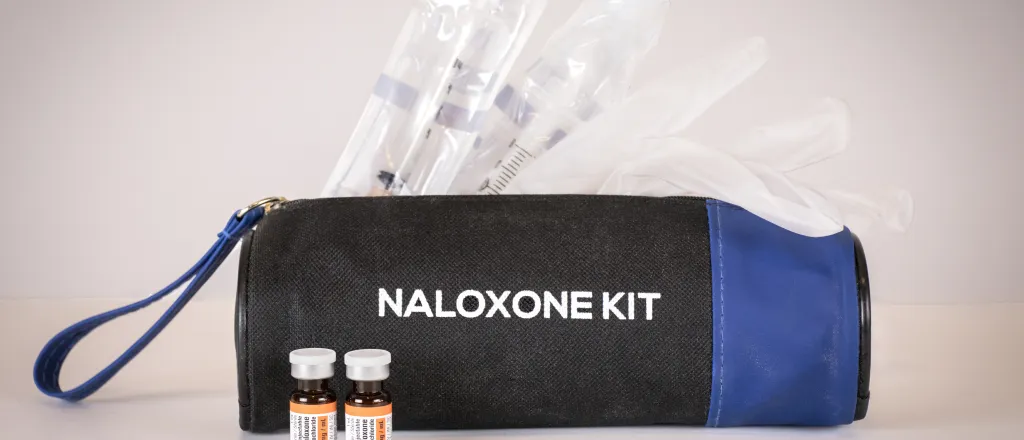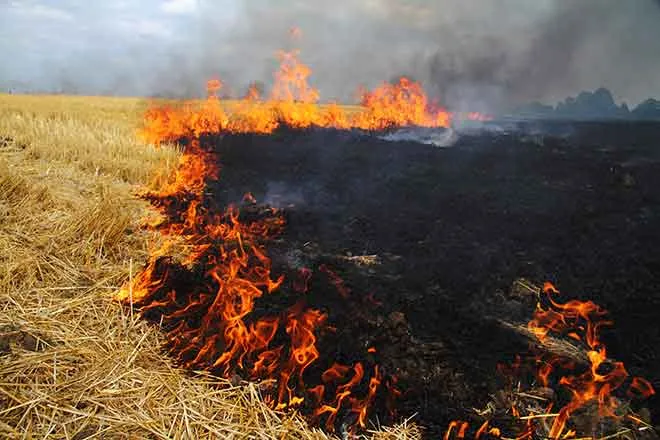
Durango students inspire Narcan bill at Colorado Legislature
(Colorado Newsline) Students in Colorado would be expressly allowed to carry drug overdose reversal medication on campus and at school activities under a bill working its way through the Legislature, a policy that advocates say is a reasonable application of harm reduction thinking.
House Bill 24-1003 would allow students to carry and administer naloxone, often known by its popular brand name Narcan, and to carry fentanyl testing strips with them at school and at events like sporting events and school dances. Though students are already technically allowed to carry those items, the bill would standardize the policy across the state and clarify it for school districts.
“It empowers students, but it also empowers adults. It doesn’t put the full burden on them. We’ve energized a bigger group of individuals who are there to help students when they really critically need that help,” said Democratic Rep. Mary Young of Greeley, who is sponsoring the legislation.
Narcan is a medicine that can rapidly reverse the effects of an opioid overdose by binding to opioid receptors and block the effects of drugs like heroin, prescription opioid medications and fentanyl. It is the standard treatment for opioid overdose and is often packaged as a nasal spray that everyday people can use on someone experiencing an overdose.
The bill would also let school districts that maintain Narcan supplies on campuses keep a supply on school buses, and require that they educate drivers on how to use the medication. It would extend existing immunity for civil liability to bus drivers.
Also sponsoring the bill are Republican Sen. Cleave Simpson of Alamosa, Democratic Sen. Dafna Michaelson Jenet of Commerce City and Democratic Rep. Barbara McLachlan of Durango.
“It’s students helping students. It’s not somebody like me shaking their fist and saying ‘Don’t do drugs’ — it’s their peers that are telling them not to,” McLachlan told reporters in January.
It's students helping students. It's not somebody like me shaking their fist and saying 'Don't do drugs' — it's their peers that are telling them not to.– State Rep. Barbara McLachlan
The inspiration for the bill comes from a group of students in Durango who successfully pushed for a similar policy change in their school district. The overdose death of an Animas High School student in 2021 motivated them to ask the district to make it clear that they can carry Narcan to school with them, with parental permission, and administer it without fear of punishment.
“Everyone took a step back (after the overdose) and everyone was thinking ‘How do we prevent this from happening again?’” said Hays Stritikus, who helped lead the effort when he was a student at Durango High School.
“This is something students are interested in. They recognize the usefulness. They recognize the necessity, and they want to help be part of a solution, because it’s something that directly impacts us,” he said. When the district questioned whether students actually wanted the ability to carry Narcan, Stritikus said his group got half of Durango High School’s student body to sign a petition in favor.
The district finalized its policy in April 2023.
Since the district policy shift, Durango High School has had at least one Narcan training for students, last May.
Now, Niko Peterson, an Animas High School senior who was close friends with the student who died and helped get the district policy changed, carries two doses of Narcan in his backpack and six doses in his car.
“A lot of my friends have a history of experimenting with drugs, so we have really stressed that using fentanyl test strips and having Narcan available is extremely important,” he said. “They’ve all adopted that and are very supportive of what we’re doing.”
Overdose deaths increase
The bill encourages school districts to hold optional training and information sessions about Narcan and fentanyl testing strips for students and parents, potentially in collaboration with existing harm reduction organizations. That could help remove persistent stigma around carrying Narcan, Peterson and Stritikus said, and fight pushback from people who say making Narcan and testing strips accessible is enabling drug use.
“Narcan is a reminder that students carry every single day of how dangerous the drug supply is. And when we have antiquated drug education that is not developing as fast as drugs are, it’s a second opportunity to engage students in a forum where they are genuinely interested and genuinely want to learn,” Stritikus said.
Last year, Colorado lawmakers appropriated nearly $20 million to the state’s Naloxone Bulk Purchase Fund, which can supply the medication to school districts, jails, first responders, and community service organizations. At the start of the current school year, nearly 70 school districts — including the largest ones in the Denver metro area — were enrolled in the program.
It is possible that unenrolled school districts get naloxone from another source.
Aside from the bulk fund, people can get Narcan from most pharmacies after the U.S. Food and Drug Administration approved it for over-the-counter use last year.
Nearly 5,200 people in Colorado died from a drug overdose between 2020 and 2022, including 527 people between 5 and 24 years old. The number has increased annually as more fentanyl-laced opioids flood the drug market.
“We really need to keep people alive, so we can get them into treatments or get them the help they need,” said José Esquibel, the director of the Colorado Consortium for Prescription Drug Abuse Prevention. “So anything that students or others want to do to help keep a person alive — it's just so important for us to have these policies in place.”
HB-1003 has its first hearing in the House Education Committee February 8.
Colorado Newsline is part of States Newsroom, a network of news bureaus supported by grants and a coalition of donors as a 501c(3) public charity. Colorado Newsline maintains editorial independence. Contact Editor Quentin Young for questions: info@coloradonewsline.com. Follow Colorado Newsline on Facebook and Twitter.

















